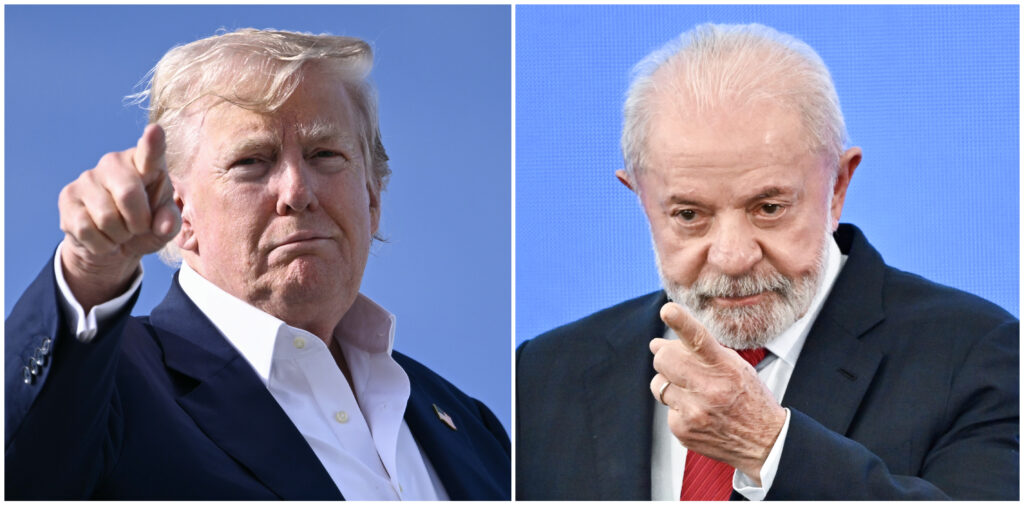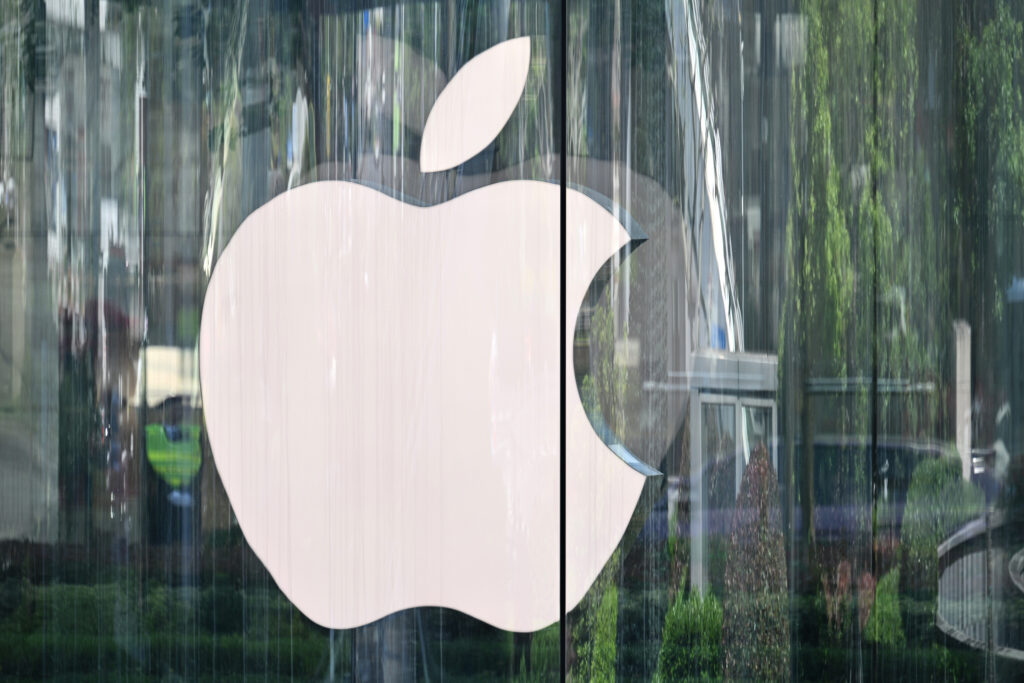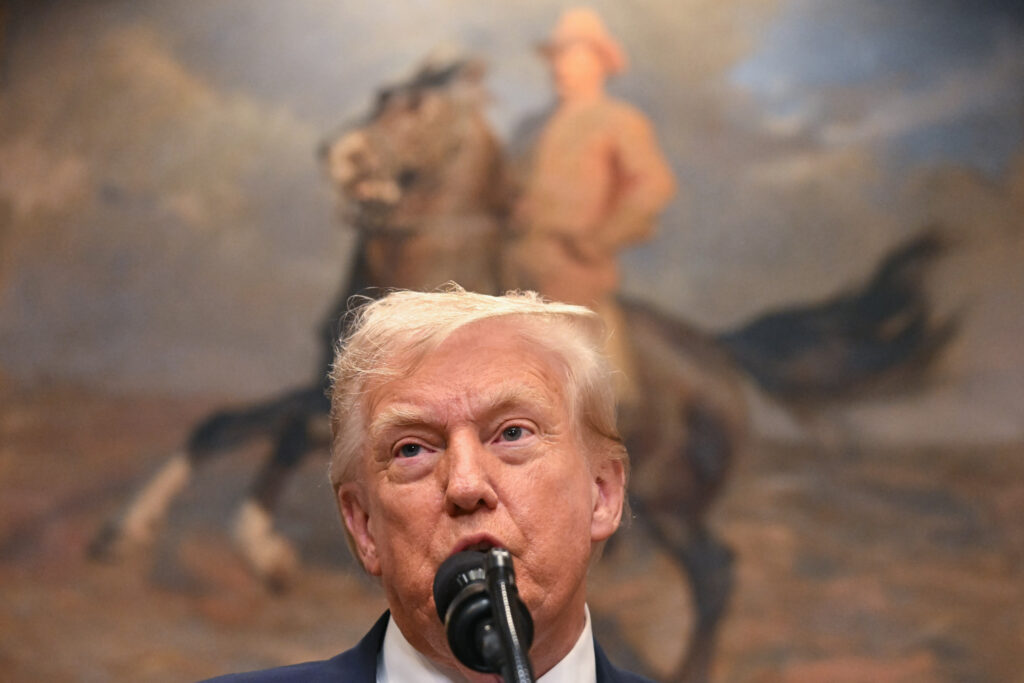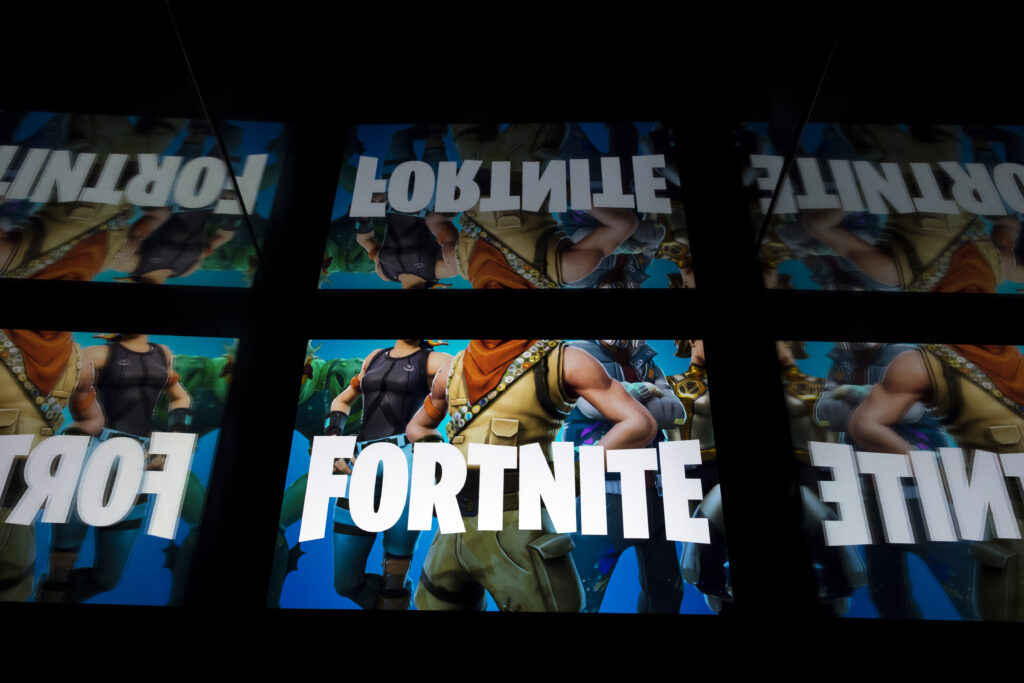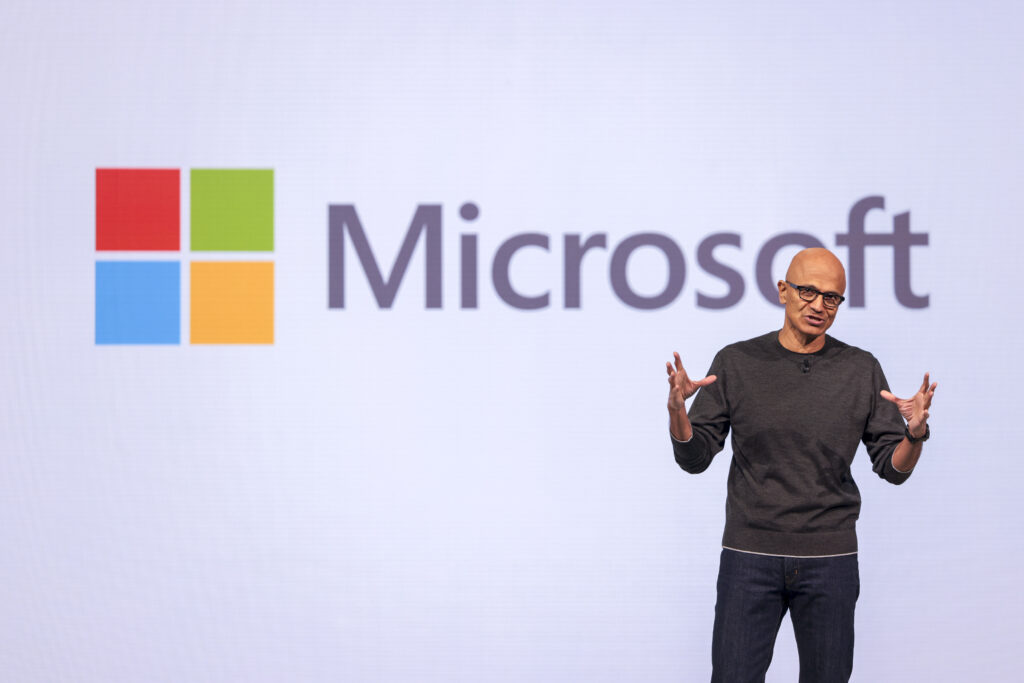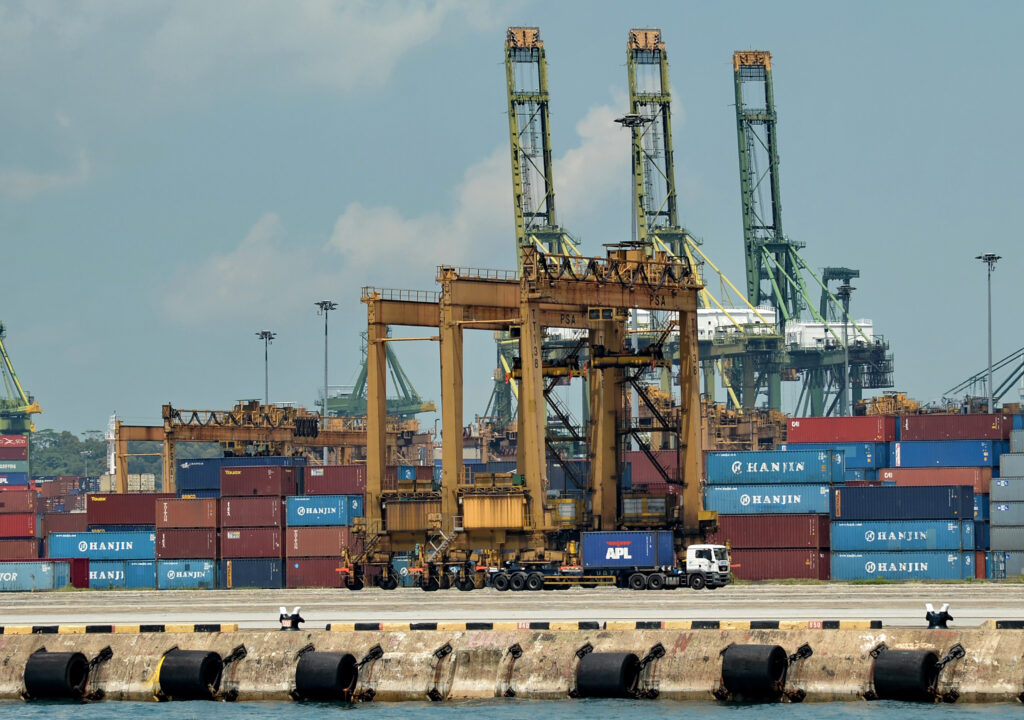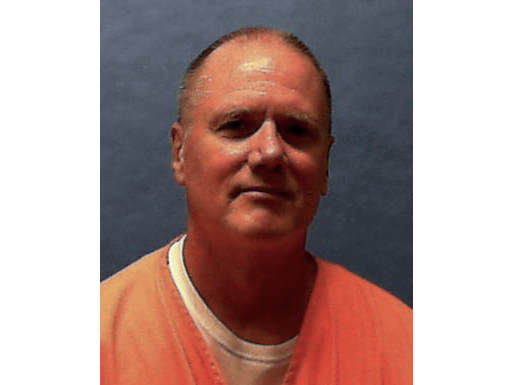Brazil vows to fight Trump tariff ‘injustice’
Brazil vowed Thursday to combat US President Donald Trump’s tariffs on its exports, saying it intends to lodge appeals if last-ditch negotiations fail.Finance Minister Fernando Haddad said the tariffs announced Wednesday were “more favorable” than expected, with several key export products exempted.Still, there “is a lot of injustice in the measures announced yesterday. Corrections need to be made,” he told reporters.Citing a “witch hunt” against his far-right ally Jair Bolsonaro — Brazil’s former president on trial for allegedly plotting a coup — Trump on Wednesday signed an executive order adding a 40 percent tariff on Brazilian products, bringing total trade duties to 50 percent.The levies affect coffee and meat, two products of which Brazil is the world’s top exporter.The order, which takes effect on August 6, listed exemptions for nearly 700 other products including key exports such as planes, orange juice and pulp, Brazil nuts, and some iron, steel and aluminum products. Leftist President Luiz Inacio Lula da Silva — the man Bolsonaro is accused of having sought to topple — has denounced the tariffs as an attack on the “sovereignty” of South America’s largest economy.”The negotiation is not over; it starts today,” Vice President Geraldo Alckmin, tapped to oversee talks with Washington, told TV Globo.Alckmin said the new tariff will apply to nearly 36 percent of Brazil’s exports to the United States, equal to some $14.5 billion last year.Haddad said he would speak with his American counterpart, Treasury Secretary Scott Bessent, and “there will be a cycle of negotiations.”He did not give a date.”We are starting from a point that is more favorable than one could have imagined, but still far from the finish line,” the minister said.If negotiations fail, Haddad said Brasilia would “file appeals with the appropriate authorities, both in the United States and with international bodies.”- ‘Judge and jury’ -Trump’s Brazil tariff is among the highest imposed on US trading partners.Unlike with other countries, the measures against Brazil have been framed in openly political terms, sweeping aside centuries-old trade ties and a surplus that Brasilia put at $284 million last year. “These are harsh measures that will have a real impact on important sectors of the Brazilian economy,” Reginaldo Nogueira, an economist with Brazil’s IBMEC business school, told AFP.”The exemptions help mitigate some of the pressure on Brazil but primarily protect strategic goods for the American economy,” he added.Haddad said the Brazilian government would put in place protection measures for the most affected companies, and noted that “nothing that was decided yesterday cannot be reviewed.”Trump’s order was based on the Brazilian government’s “politically motivated persecution, intimidation, harassment, censorship, and prosecution of (Bolsonaro) and thousands of his supporters,” according to the White House.It also cited Brazil’s “unusual and extraordinary policies and actions harming US companies, the free speech rights of US persons, US foreign policy, and the US economy,” singling out Supreme Court Justice Alexandre de Moraes.Moraes is the judge presiding over Bolsonaro’s coup trial and has clashed repeatedly with the far-right in Brazil, as well as with tech titan Elon Musk, over the spread of online misinformation.The US Treasury announced financial sanctions on Moraes Wednesday, saying he had “taken it upon himself to be judge and jury in an unlawful witch hunt against US and Brazilian citizens and companies.”A Supreme Court source told AFP that Moraes “does not have assets in the United States” where the sanctions would have frozen them.
